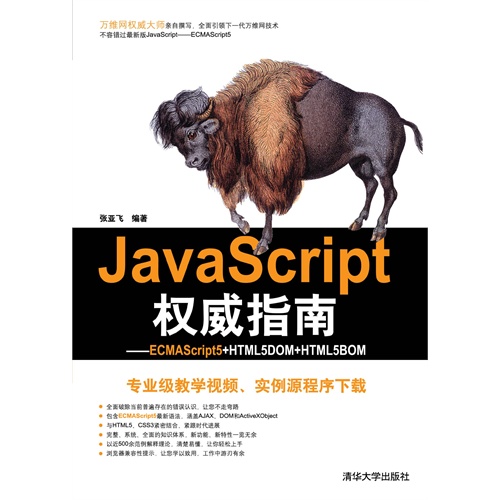Home >WeChat Applet >WeChat Development >Summary of the page routing example tutorial
Summary of the page routing example tutorial
- 零下一度Original
- 2017-06-10 14:07:261631browse
What is routing? Routing as we usually understand it refers to the network-wide process that determines the end-to-end path when packets are sent from source to destination. Borrowing the above definition, we can understand mini program page routing, which jumps from a page according to routing rules (paths). Go to another page of rules. Through this article, you can learn: What situations will trigger page jumps, how to jump to pages, page parameters, page stack 1. What situations will trigger page jumps? The applet starts, initializes the first page, opens a new page, and calls the API. wx.navigateTo or use the
1. Introduction to WeChat Development (8) Page Routing

##Introduction: What is routing? Routing as we usually understand it refers to the network-wide process of determining the end-to-end path when packets are sent from source to destination; borrowing the above definition, we can understand mini program page routing, which jumps from a page according to routing rules (paths) Go to another page of rules.
2. Page routing for mini program development

3.
Detailed explanation of how to operate URLs with JavaScript (commonly used in single-page applications)

[Related Q&A recommendations ]:
vue routing error reporting problem; javascript - AngularJS page route loading problemnode.js - Nodejs user registration information cannot be displayed in the databasejavascript - How to coordinate back-end thinkphp and front-end vuejavascript - The difference between node routing and front-end routing
The above is the detailed content of Summary of the page routing example tutorial. For more information, please follow other related articles on the PHP Chinese website!
Related articles
See more- Detailed explanation and simple usage of WeChat mini program textarea
- PHP WeChat public account development (2) Baidu BAE construction and database use
- php WeChat public account development (3) php implements simple WeChat text communication
- php WeChat public account development (4) php implements custom keyword reply
- PHP version of WeChat store calling api sample code

